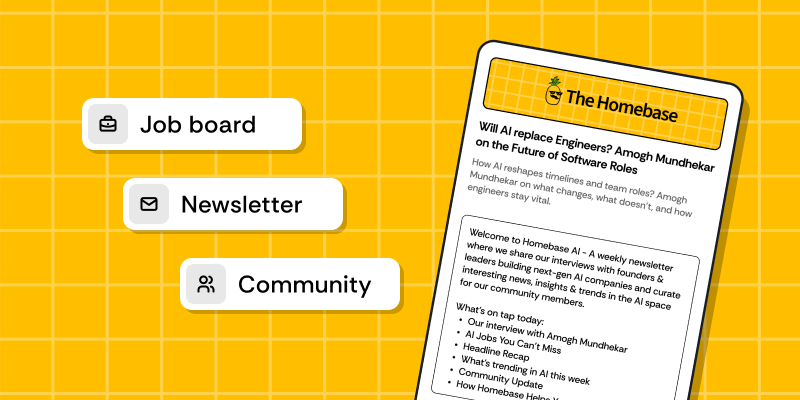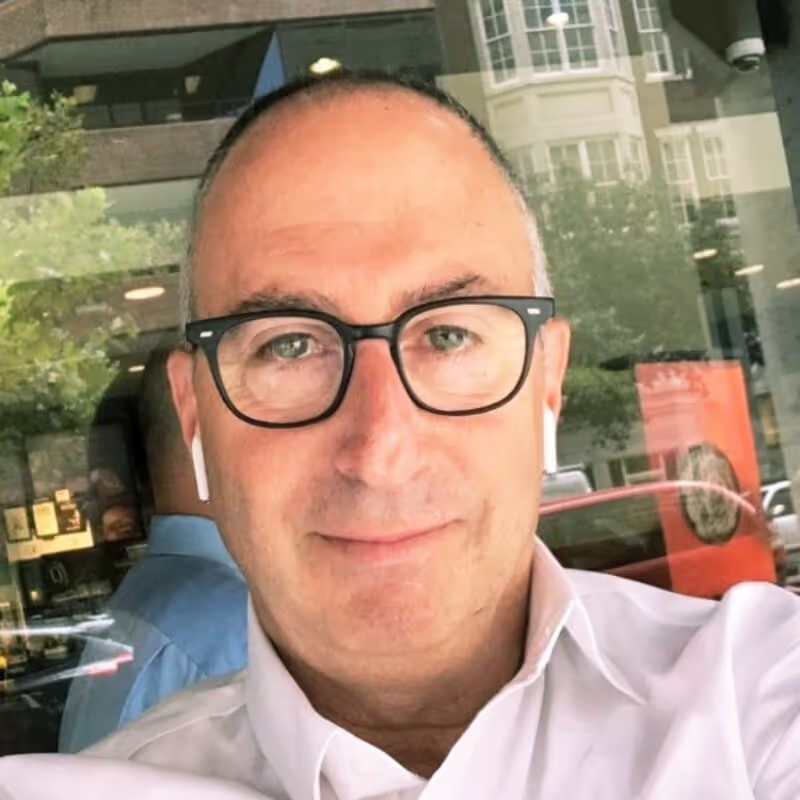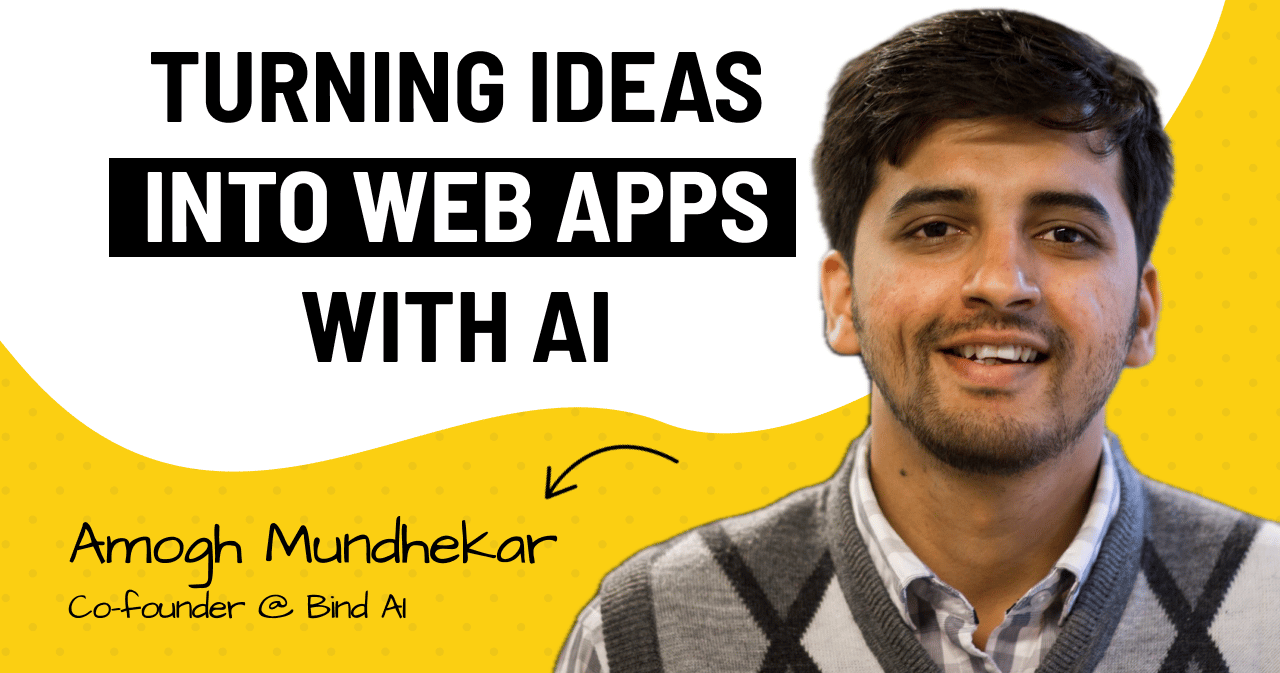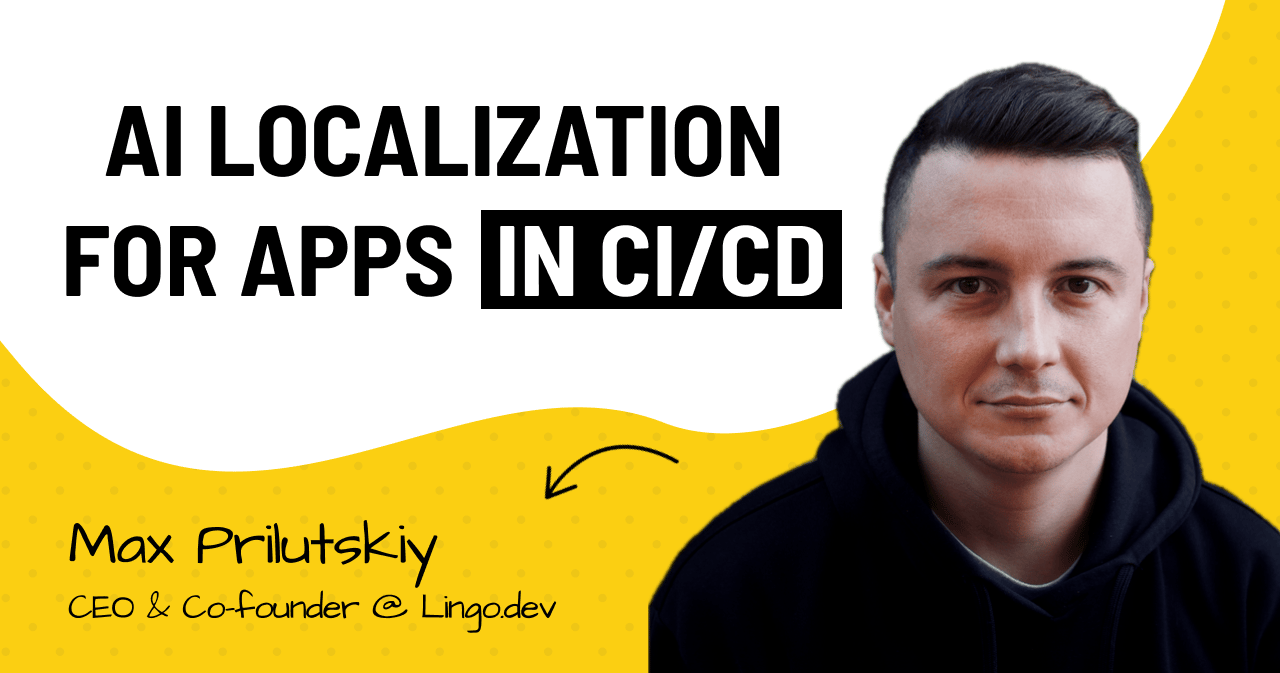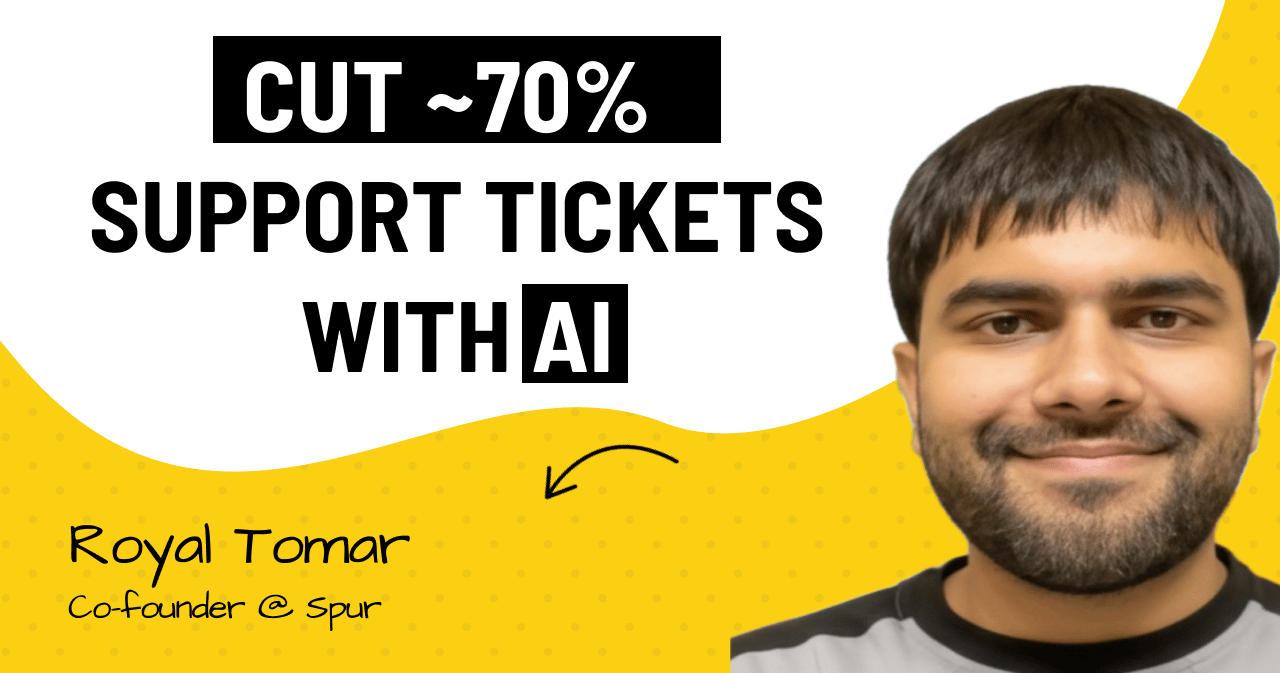In our latest feature, we look into the world of AI through the lens of Stephen Klein, an entrepreneur and AI expert with a diverse background in academia and business. He tells about his latest venture Curiouser.AI, and gives practical advice for leaders navigating the AI landscape. Klein's insights span from his accidental path to entrepreneurship to championing creativity over data in AI development. He distinguishes between narrow AI and AGI, offers strategies for AI integration in business, and emphasizes the importance of AI education for personal and professional growth.
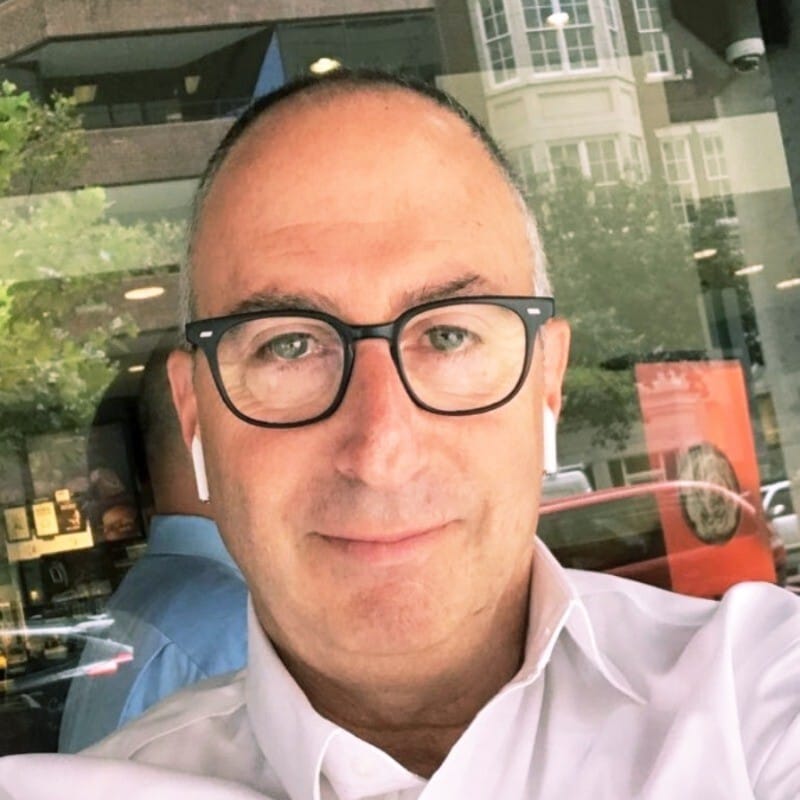
|
Company: |
Founded: |
Headquarters: |
Key Highlights:
If you only have a few minutes to spare, here's what leaders and founders should know about Steven Klein's insights on AI:
-
Accidental entrepreneur. Klein's journey from advertising to AI entrepreneurship was unplanned, driven by curiosity and a search for meaning.
-
AI for creativity. Through Curiouser.AI, Klein aims to use AI to foster deeper thinking and creativity, challenging the data-centric approach in business.
-
Narrow AI dominance. Klein asserts that 99.9% of current AI is "narrow AI," designed to solve specific problems rather than general intelligence.
-
AI implementation strategy. He advises business leaders to start with repetitive tasks, focus on critical processes, and adopt a long-term investment approach.
-
Addressing AI fears. Klein emphasizes educating people about AI to reduce fear, stating, "The more people understand something, it's inversely proportional to fear."
-
AI as a career tool. He predicts AI will replace those who don't know how to use it faster than those who do, urging professionals to embrace AI as a skill.
Curiouser.AI, a Reflective AI™ platform, serves as a digital Socrates, prompting users to think more deeply and creatively, foster authentic self-expression, and develop truly unique value propositions for companies.

Can you introduce yourself and tell us a bit about your personal life?
My name is Steven Klein. I live in Sausalito, California, which is an extremely beautiful place, with my beautiful, beautiful wife and golden retriever. I'd say my treasure in life is my I have a boy, a girl, and twins, 23 years old from a previous marriage. The daughter lives in New York and recently graduated from NYU. My son lives in Boston and graduated from Northeastern. I have been building a dream now for about a year and a half, almost two years, which is an entrepreneurial venture.
How did your early career experiences shape your path?
The whole thing got started when I was an undergrad, and I was the editor-in-chief of a daily newspaper. The only reason I did that was because my girlfriend had broken up with me, and I was devastated, so I wanted to try to find meaning somewhere. So I ended up getting engaged. I was a chemistry major. I ended up getting engaged with the newspaper. Was elected editor of Chief 300 People Daily newspaper. Next thing I know, I'm talking to some folks around the technology world, and I graduate, and I end up in advertising. Literally, I had never, ever thought that that was something I do.
How would you characterize the different phases of your career?
I think I would almost characterize the phases of the accident, as phase one, frantic. Phase two and more purposeful. In phase three, I fell into what I was doing. There was really no grand plan. I mean, was it John Lennon, who said, what happens to you while you make plans? I guess I kind of lived that belief.
What realization did you have about intelligence and success during your time at Harvard?
When I was in grad school, we had a course called Technology and Operations Management. And bear with me, this will all come together. In that course, I realized how stupid I was in that all my career, up until that point, I just thought I was the sharpest knife in the drawer, and I knew how to be successful and make money and fly around the world, but here I am sitting in this class, and I don't have a clue what anybody is talking about, not a clue. And what I realized is that being smart and having a high IQ aren't remotely related, and that being a genius is more about being imaginative and being more about learning how to think and more about learning how to learn and more about questions. And I realized at that point that I had a very high IQ, but I wasn't very smart, and I never forgot that.
What's the core idea behind your current venture, careerzr.ai?
I realized that I could build an AI that could potentially change the world in a very profound way. And that was the genesis of the idea called Curiouser. I could actually build a Socrates and I could build an AI that could be accessible and help the world think more deeply and be more creative. And I could give creativity or, you know, I could give data a run for its money.

What inspired you to start careerzr.ai?
I have a profound, profound belief in the right brain and creativity and innovation. And as the internet emerged, data took over. And I love data, but you know, there's three kinds of lies, lies, damn, damn lies and statistics, and, you know, there's confirmation bias in everything we do. And so I saw data as a spurious kind of something that got weaponized and somehow was crushing creativity and innovation in the world.
How do you view the current state of AI?
There are two kinds of AI in the world and only two. There is an AI that you could refer to as generalized intelligence, or artificial generalized intelligence, or AGI, and then there is an AI that is usually called weak AI or narrow AI. AGI is the AI that captures a lot of the media attention when you hear Elon Musk talk, or hear other luminaries, Sam Harris, this is the AI that could potentially pose an existential threat to humanity by basically evolving to the point where it would surpass us in terms of its ability to think, Grow, evolve and so forth.
How should business leaders approach AI implementation?
Well, if you're a business person running a company or a department or organization, the best way to think about it is to figure out what sorts of tasks in your company are repetitive and frequent. That would be the framework I would look at. So what sorts of tasks, from a process perspective, within your organization happen all the time the same way, that's the low-hanging fruit.
How can organizations address fears about AI replacing jobs?
You need to educate people. You need to give people the frameworks and the tools not to understand AI, but to learn how to understand it, the vocabulary, the terminology, the basic frameworks, the basic concepts, so the world starts making sense to them. So I'd start at the beginning and not assume that anybody really understands anything, because the more people understand something, it's inversely proportional to fear, right?
What advice do you have for people concerned about AI's impact on their jobs?
I would say to people that you know, I don't know whether AI is going to replace you or your job or me. I don't know. I don't know. But you know what you can control what you can control, and you can't control what you can't control. So just knock it off. Get as smart as you can, and learn as much as you can. The one thing I know for sure is that AI will definitely replace people who don't know how to use AI faster than it will replace people who know how to use AI.
How do you see AI changing specific industries like marketing?
So let's say I'm teaching my class at Berkeley. I say, you know, marketing in a few years is going to be different, but it's going to be a lot like just how many tools do you know how to use and how well do you use them? Just learn the tools. Like, if you really know how to use a hammer and a drill and a screwdriver, you're going to be a lot better a builder than somebody who still uses their hands and their teeth.
What are your thoughts on the current limitations of AI?
The problem with it is they all need to be trained to do what they do. The AI is born like an infant, and it needs to be trained. And the only data you can train AI with is data that exists. So AI tends to become almost a replication of the conventional approach. It just kind of does it faster and quicker and so forth. So I don't think there's a whole lot of magic right now. In AI, it's problem-solving. It's pattern detection.
How do you view the complexity of current AI systems?
What is becoming very interesting about it is that it's becoming so complex. Chatgpt is a great example of this. It is an extraordinarily enormous, large language model that it does eventually begin to take on a life of its own. And the people who build it, and this is absolutely true, don't actually know what they've built. This is the dirty little secret.
What concerns do you have about bias in AI systems?
So if you build a successful AI, say, in the justice system. There's an AI now that helps judges determine whether, when people get out of prison, they will, you know, recidivism, and it makes predictions based on, you know, a zillion different data points. They don't know how it works, but it's accurate. The problem is it's biased because it was trained with data that was biased.
What other activities are you involved in besides your main venture?
When I'm not doing this, I teach at Berkeley, and that is another passion of mine. I guess it's a hobby because I love mentoring and teaching. So I teach artificial intelligence, I teach marketing to undergrads and grads, and I take that work very seriously, and I just love it. I just love it. Clayton Christensen said the only metric in life that matters is how many people per day you help be better people. And I think that's a really nice operational metric to keep in mind.
Interview with
Stephen Klein,
Co-Founder & CEO @ Curiouser.AI
